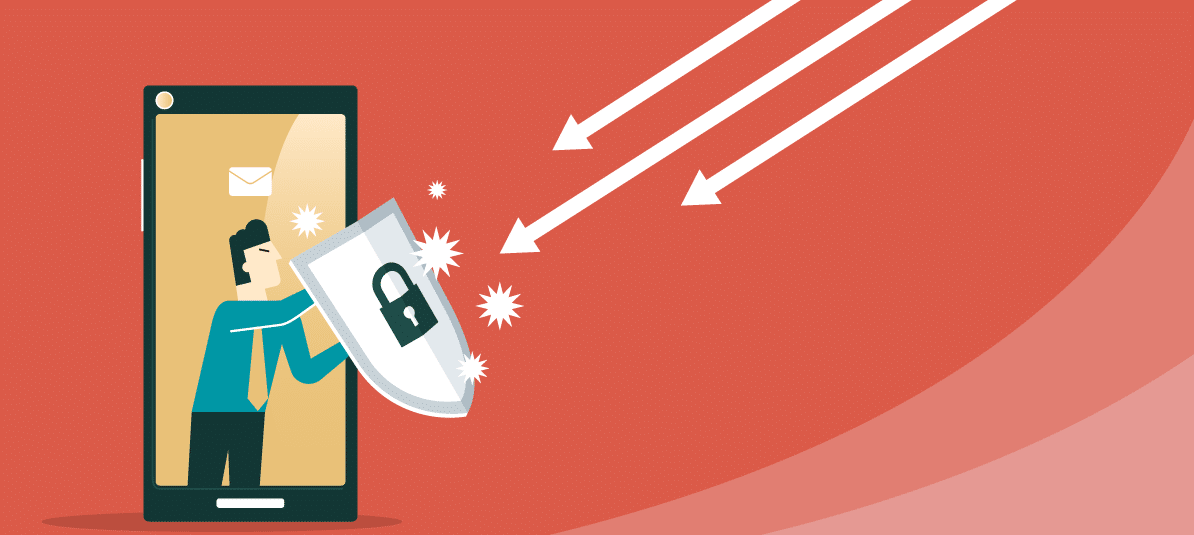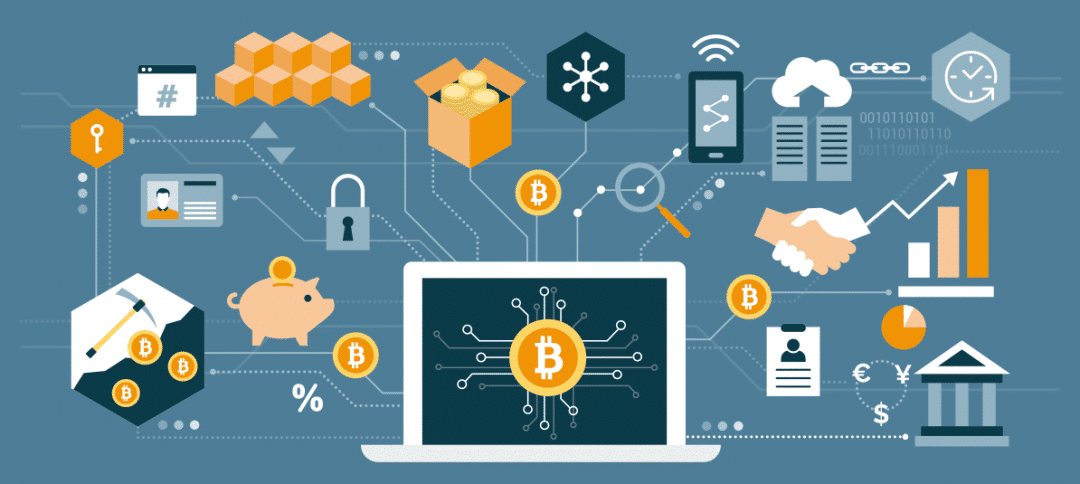Got a smartphone? You’re already exposed
In fact, experts believe that today it is more likely for a small business to suffer a cyberattack than a robbery, a fire or a flood. Hackers know that SMEs are the most vulnerable. Simply having a smartphone on which you keep information related to the business, clients, accounts, suppliers etc. is enough… this is usually the main entry point for computer viruses, unauthorized access, fraud, system blocking, virtual kidnaps, data publication and more.
Devastating damage
The damage can be devastating: in six out of ten cases, such an attack renders a small business unable to resume business. The average cost of recovery to an SME after being a victim of these pirates can reach 80,000 euros.
A downturn since lockdown
And yet, in this scenario, which has only worsened during lockdown (more teleworking from home with computers that are not always protected, more information sharing over the Internet, etc.), it is a paradox that many SMEs have civil liability or damage insurance to protect their assets against other unforeseen events but have not considered covering themselves against cyberattacks.
How does cyber insurance help?
Insurers are involved right from the outset and put the insured party in contact with an expert IT service to fix the incident (systems access, data recovery, removal of malware, etc.). In the event of a data hijack, the company will take over the ransom to release the data. If the attack has caused damage to third parties, such as customers or suppliers, cyber insurance also comes into play, as it does for the loss of income that may have been incurred during the attack.
Legal issues
In addition to the technical aspect, insurers also set in motion the necessary legal processes: When information about third parties is leaked, it must be reported to the Data Protection Agency within 72 hours, otherwise the small business owner may also have to face the relevant administrative sanctions.









